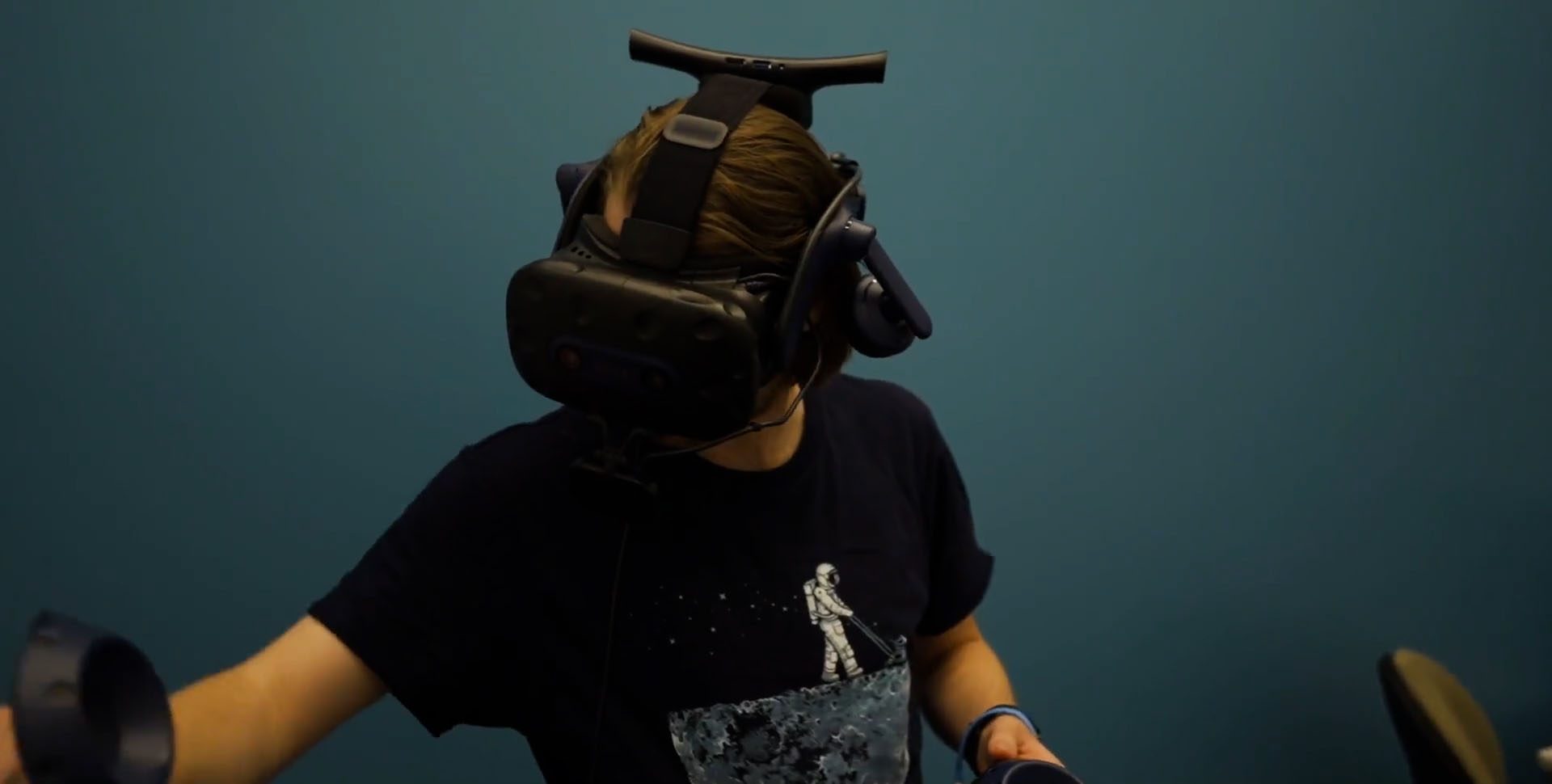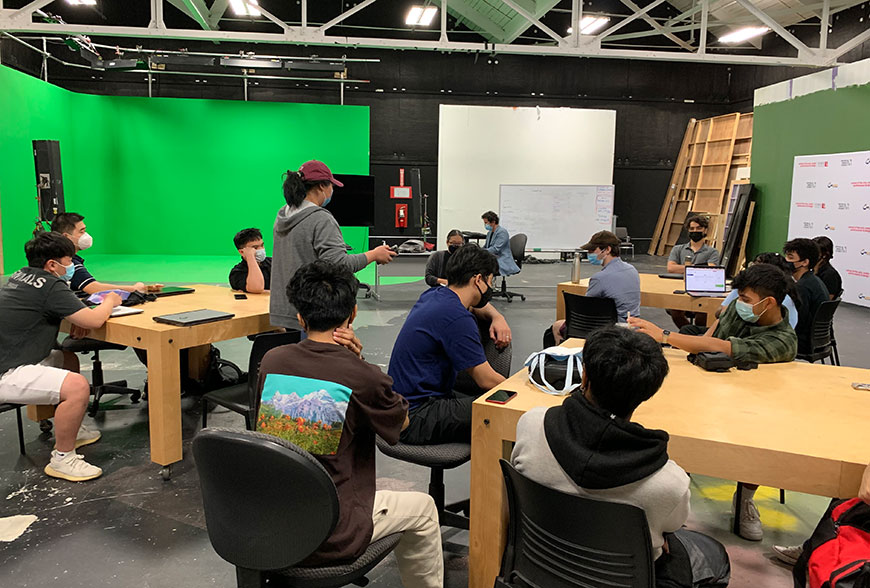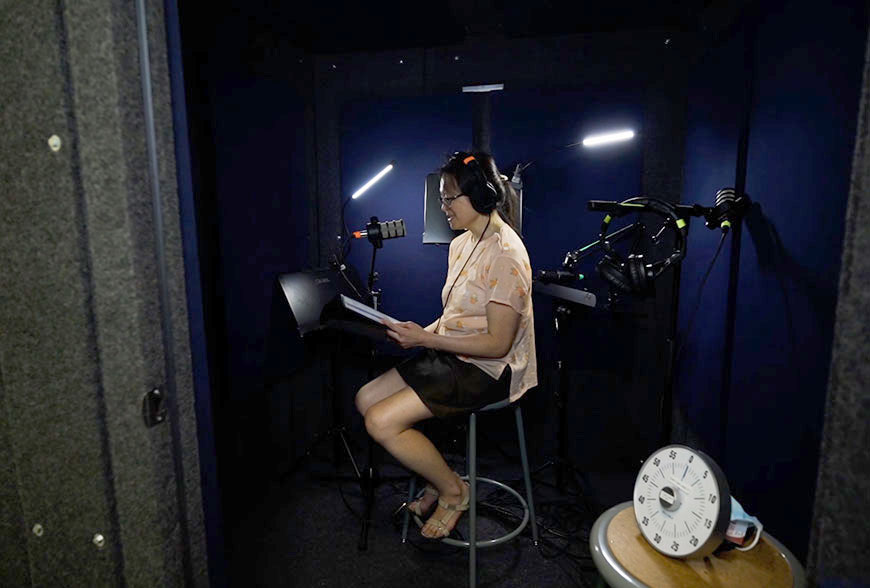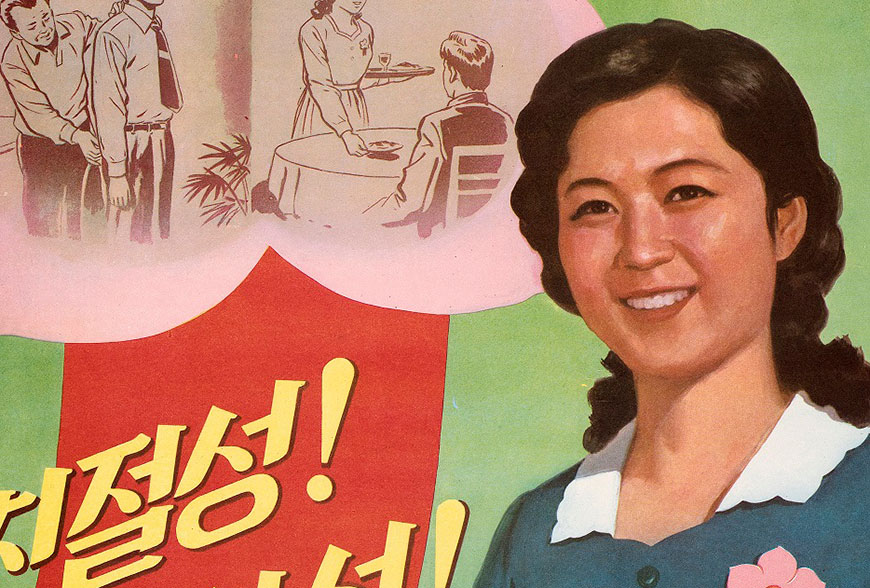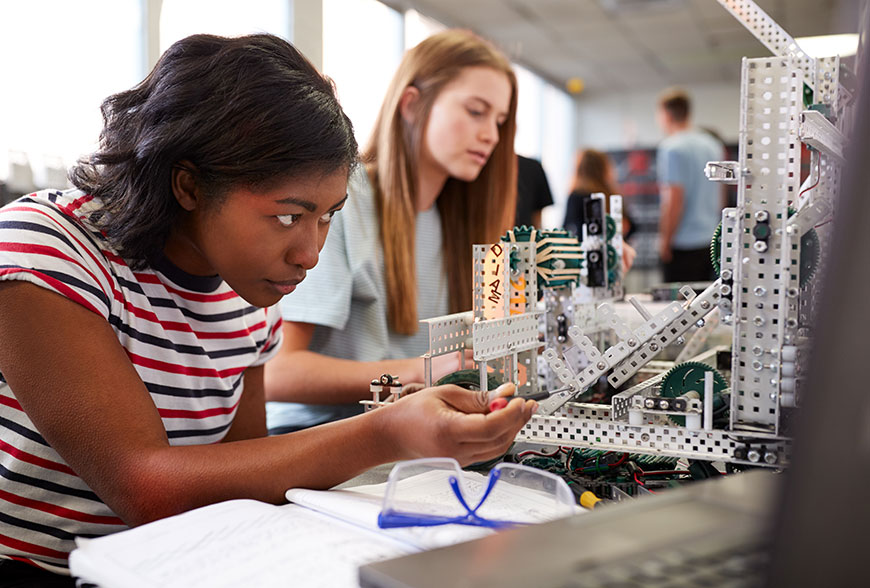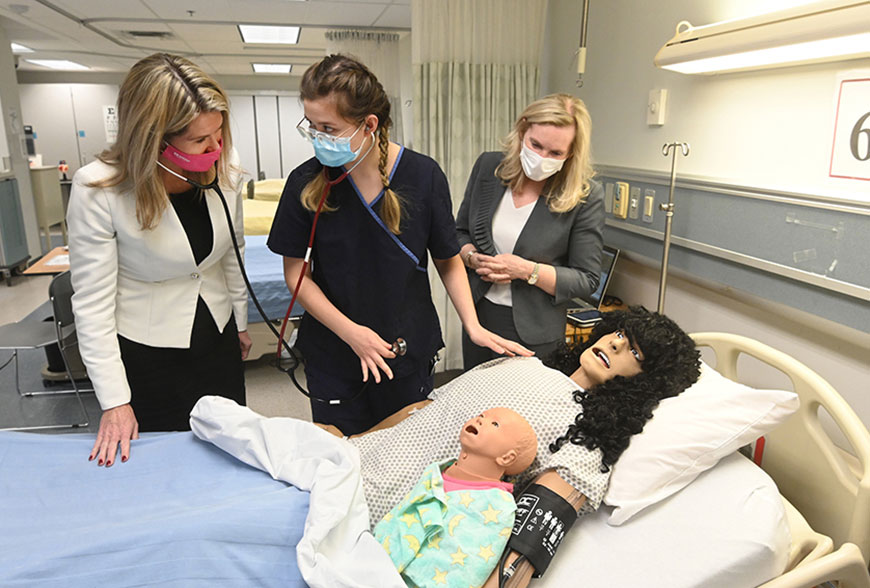Today’s students are entering a competitive, fast-paced economy that requires them to be resilient, adaptable and creative. Our first UAP priority, 21st Century Learning, is about preparing students for the skills of the future and equipping them with the tools and connections they need to contribute to positive change and develop forward-thinking solutions to long-term challenges.
By expanding our range of experiential education and technology-enhanced learning opportunities, upgrading our learning environments, and developing novel pedagogical approaches, we are enriching the student experience and developing the future talent pipeline needed to boost the economies of Ontario and Canada.
321
micro-credential programs* — making York a leader in Ontario in training for the urgent skills employers need.
* OSAP-eligible non-credit upskilling micro-credentials. 2021-2022 saw an increase of 24% from previous year.
25
new programs under development and/or approved by Senate at the Keele and Markham Campus.
10,000
total undergraduate and graduate students enrolled in Experiential Education courses for the 2021-2022 term*: 10,000 (20% of the student population).
*excludes Summer 2022 term.
87%
of York students were employed within their first six months of graduating.*
*2019 student cohort data available in July 2022.
A $3.12 million investment by Cinespace in York’s Motion Media Studio means more students will gain technology-enhanced, hands-on training in real-world productions. Cinespace, which has filmed acclaimed series such as The Handmaid’s Tale and The Umbrella Academy boasts state-of-the-art technology such as markerless motion-performance capture, augmented reality, virtual reality, immersive environments and motion simulation.
The Motion Media Studio was established by the Mirkopoulos family and Cinespace Film Studios in 2016 with the aim of training students in York’s School of the Arts, Media, Performance and Design. Today it is a reputable training hub that encourages individuals to contribute diverse perspectives to our collective cultural history while stimulating economic development in Ontario and Canada.
SDG4: Quality Education, SDG8: Decent Work & Economic Growth
A new Media Creation Lab in Scott Library will support the discovery and creation of knowledge, cultural artifacts, and interdisciplinary projects in a state-of-the-art learning environment.
As of April 2022, the Lab combines cutting-edge equipment, instructional workshops, and hands-on library staff assistance to provide lecturers, researchers and students with equitable access to virtual reality-based technology, audio and video recording equipment, an audio-visual media creation space and more.
The Lab will facilitate the delivery of Hybrid Academia-Industry Internships via Virtual Engagement (HAIIvVE), a program that pairs interns with leading organizations including RBC and Clearsum to propose technologically-enhanced solutions to challenges such as climate risk, cybersecurity and nowcasting economics.
SDG4: Quality Education
In May 2022, York’s Faculty of Liberal Arts & Professional Studies launched a ground-breaking summer program to address the omission of North Korean art, music, literature and film from current discourses.
The two-week program attracted international journalists, artists and researchers, as well as students from leading institutions such as Cambridge University and the University of California, Berkeley.
Thomas Klassen, professor of Public Policy and Administration at the Faculty of Liberal Arts & Professional Studies, led the program alongside two experts in North Korean culture: George Washington University Professor Immanuel Kim and author Nicholas Bonner.
SDG4: Quality Education, SDG10: Reduced Inequalities
Part of York’s commitment to 21st century learning is preparing students to join a skilled workforce. Students at the Lassonde School of Engineering were given that opportunity through the Silicon Valley Tech Tour, held virtually in Sept. 2021.
The tour, hosted by Lassonde’s co-op team, introduced the 13 participating students to alumni and personnel working for organizations that included Apple, Twitch, Tesla, Coinbase, Facebook, Twitter, Square and Avenue Code. Most of these employers have Lassonde students who are currently completing co-op work terms or are working there full-time.
Participants had the chance to learn about each company’s culture and values and discover how to obtain competitive co-op opportunities with top employers.
The Lassonde Co-op Program invites a select group of students to participate in the Silicon Valley Tech Tour each year. To qualify, students must meet certain GPA and course requirements, as well as completion of at least one co-op work term.
SDG8: Decent Work & Economic Growth
Markham Campus will welcome its first cohort of students in Fall 2023 with three new Senate-approved programs offered through the University’s partnership with IBM. Located at York’s state-of-the-art Learning Space in the world-class IBM Canada headquarters, students will have the opportunity to gain an experiential education through three new program offerings:
- Bachelor of Applied Science in Digital Technologies, offered by the Lassonde School of Engineering
- Master of Science in Management Practice, offered by the Faculty of Liberal Arts & Professional Studies
- Graduate Diploma in Management, offered by the Faculty of Liberal Arts & Professional Studies
The IBM Learning Space is a high-profile and dynamic environment populated by academic researchers, entrepreneurs, startups and developers. The learning and research environment will contribute to the training of highly qualified graduates who will be ready to take a proactive role in shaping the future of Markham, York Region, and the province of Ontario.
SDG4: Quality Education
When the pandemic hit, York University pivoted to online learning, a mode of learning that has now become the norm for many students and learners around the world. It challenged the York community to consider options for improving the student experience by offering flexible and inclusive learning opportunities, a key objective of 21st Century Learning.
This past academic year allowed several York University faculty members the opportunity to teach courses in classrooms that were newly equipped with varying levels of technology to allow students to learn either in-person or remotely.
The pilot offered an avenue for determining what opportunities the hybrid Hyflex method of teaching might permit for both faculty and students and whether course delivery was equally successful for both groups of students.
Beginning in Fall 2022, with assistance from the Registrar’s Office, students can identify courses being taught in the hybrid Hyflex style by the HYFX course code. The University’s goal is to ensure that, over time, students attending the Hyflex classes in person and those attending remotely can feel as if they are participating as a single class in the learning experience.
SDG4: Quality Education
A multi-disciplinary team of York faculty partners has received $300,000 in provincial funding to establish an online micro-credentials training program that targets current and future professionals in the non-profit and social innovation sectors.
The Master’s Certificate in Digital Fluency and Leading Transformation for Non-Profits and Social Enterprises will help individuals across urban, rural, Indigenous and northern Ontario communities retrain and upgrade their skills to maximize their labour market potential.
The Schulich Executive Education Program led the initiative with support from the Faculty of Liberal Arts & Professional Studies and Schulich’s Office of Innovation & Entrepreneurship and Toronto’s Centre for Social Innovation. The grant is funded by the $15-millon Ontario government Micro-Credentials Ontario Challenge Fund.
Learners will need to complete six stackable competency-based micro-credentials to earn the Master’s certificate. Each micro-credential will be awarded as a unique digital badge that contains encrypted, verifiable, and shareable metadata about the learner’s acquired skills.
SDG4: Quality Education
Nursing students will be able to earn their four-year Bachelor of Science in Nursing (BScN) degrees entirely at York beginning in September 2022.
Jill Dunlop, Ontario’s Minister of Colleges and Universities, visited York University in November 2021 to announce York’s new degree. York University previously partnered with two colleges in offering its BScN program; now each of the three institutions offers this degree independently, providing more choice and opportunity to students.
With one of the largest and most comprehensive Schools of Nursing in Canada, York is well-positioned to address critical healthcare challenges such as the shortage of health professionals.
Through collaborative projects such as the Vaughan Healthcare Centre Precinct, the University has articulated its vision for a more integrated, preventive, and community-focused model for health care. This new standalone degree will further support its vision by fostering a unique ecosystem of interdisciplinary research, innovation, learning, and service that increases the supply of future nurses and revitalizes the economy for the benefit of diverse communities across Canada.
The province provided up to $385,000 to help increase enrolment in nursing education programs at York University, supporting the education of 42 additional Bachelor of Science in Nursing students.
SDG3: Good Health and Well-Being
Learn more about our priorities:
